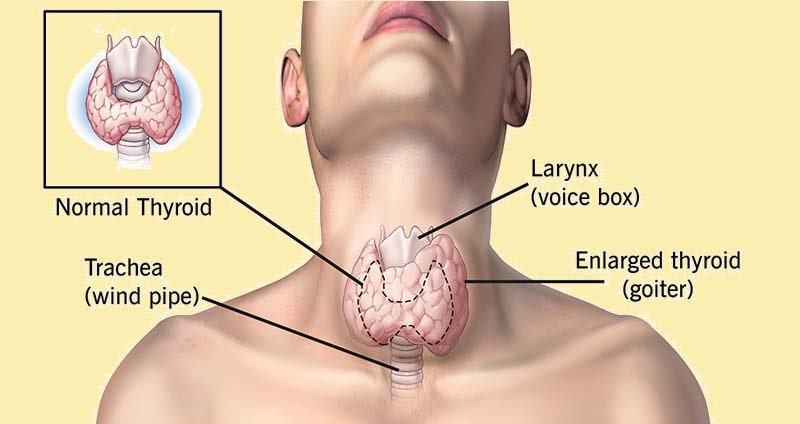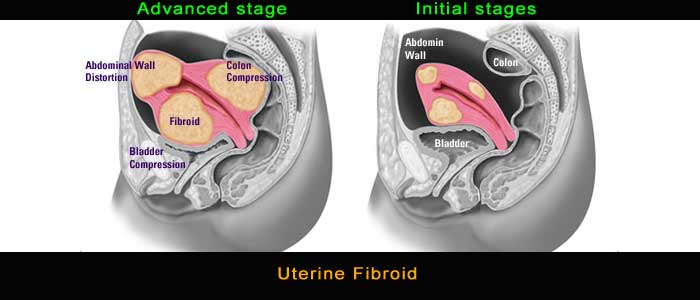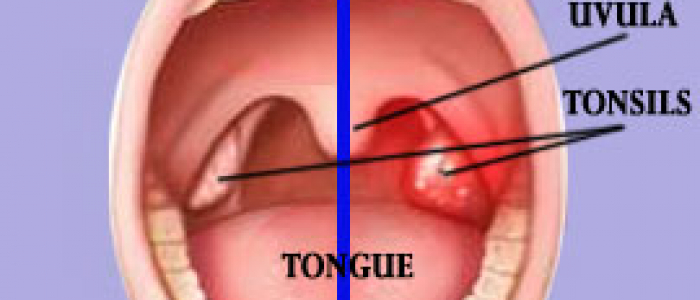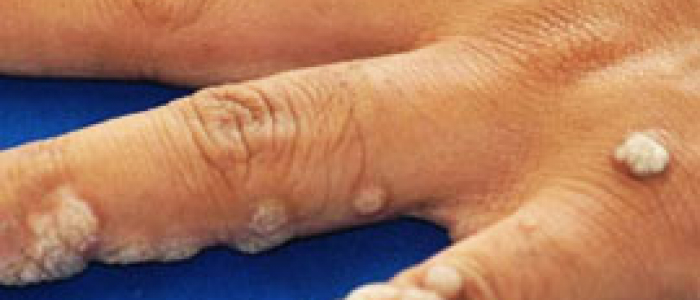
Goiter is a condition in which the thyroid gland grows larger. The thyroid gland is a small, butterfly-shaped gland located in the neck, below the Adam's apple.
The thyroid gland produces the hormones thyroxine (also called T4) and triiodothyronine (also called T3). (Most of the T4 is changed to T3 outside of the thyroid.) These hormones play a role in certain bodily functions, including body temperature, mood and excitability, pulse rate, digestion and others.
Causes
Goiters have different causes, depending on their type.
- Simple goiters develop when the thyroid gland does not make enough hormones to meet the body's needs. The thyroid gland tries to make up for this shortage by growing larger.
- Endemic goiters occur in people in certain parts of the world who do not get enough iodine in their diet (iodine is necessary to make thyroid hormone). For instance, a lack of iodine in the diet is still a common problem in parts of central Asia and central Africa. Because iodine is added to table salt in the United States and other countries, this type of goiter usually does not occur in these countries.
- Sporadic goiters, in most cases, have no known cause. In some cases, certain drugs can cause this type of goiter. For example, the drug lithium, which is used to treat certain mental health conditions, as well as other medical conditions, can cause this type of goiter.
Other risk factors for goiter include the following:
- Hereditary (inherited from family)
- Female gender
- Age over 40
Other diseases and conditions can also cause a goiter
- Graves' disease. Graves' disease is an autoimmune disease (your body's immune system mistakenly attacks your healthy body). In this case, the immune system attacks the thyroid gland and the thyroid grows larger.
- Hashimoto's disease. This is another autoimmune disease. In this case, the disease causes inflammation (swelling) of the thyroid gland. This causes it to produce fewer thyroid hormones, resulting in a goiter. This type of goiter usually gets better on its own over time.
- Nodular goiter. In this condition, growths called nodules occur on one or both sides of the thyroid gland, causing it to grow larger.
- Thyroid cancer. Cancer of the thyroid gland often enlarges the thyroid.
- Pregnancy. Human chorionic gonadotropin, a hormone that a woman produces during pregnancy, can cause the thyroid to grow.
- Thyroiditis. Inflammation of the thyroid gland itself can cause the thyroid gland to grow. This can happen after the person has an illness caused by a virus, or after a woman gives birth.
- Exposure to radiation. A person who has had medical radiation treatments to the head and neck (but not diagnostic procedures, such as a CT scan) has a greater risk of developing goiter.
Symptoms of goiter?
The main symptoms of goiter
- A swelling in the front of the neck, just below the Adam's apple
- A feeling of tightness in the throat area
- Hoarseness (scratchy voice)
- Neck vein swelling
- Dizziness when the arms are raised above the head
Other, less common symptoms
- Difficulty breathing (shortness of breath)
- Coughing
- Wheezing (due to squeezing of the windpipe)
- Difficulty swallowing (due to squeezing of the esophagus, or “food tube”)
Some people who have a goiter may also have hyperthyroidism, or overactive thyroid. Symptoms of hyperthyroidism can include:
- An increased resting pulse rate
- Rapid heartbeat
- Diarrhea, nausea, vomiting
- Sweating without exercise or increased room temperature
- Shaking
- Agitation
Some people with goiter may also have hypothyroidism, or underactive thyroid. Symptoms of hypothyroidism can include:
- Fatigue (feeling tired)
- Constipation
- Dry skin
- Weight gain
- Menstrual irregularities











